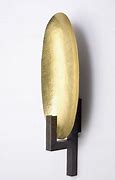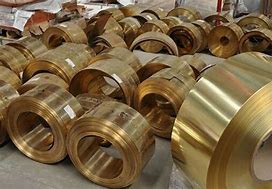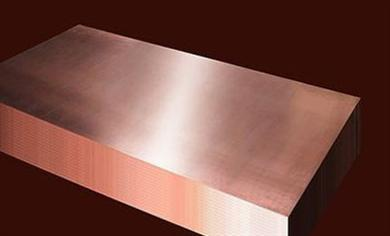Can JB Weld Really Seal a Copper Pipe Leak Forever? The Truth Might Surprise You!
(Is Jb Weld A Permanent Fix For Hole In Copper Pipe)
Picture this: you’re staring at a tiny hole in a copper pipe. Water drips like a stubborn faucet. Panic sets in. Replacing the pipe sounds expensive. Calling a plumber means waiting. Then you remember JB Weld—the “ultimate” fix-it glue. But can a putty-like epoxy truly patch a copper pipe permanently? Let’s dig into the gritty details.
JB Weld isn’t magic, but it’s close. This two-part epoxy mixes like putty. It bonds to metal, plastic, even wood. For small holes in copper pipes, it’s a go-to for DIYers. The process is simple. Turn off the water. Dry the pipe. Rough up the area with sandpaper. Apply the epoxy. Wait for it to cure. Done. It hardens into a rock-solid seal. Sounds foolproof, right? Maybe not.
Copper pipes face challenges. Water pressure. Temperature swings. Corrosion. JB Weld can handle heat up to 500°F. It resists water and chemicals. But here’s the catch: it’s still a temporary fix. Think of it like a bandage. A strong bandage, but a bandage. Over time, factors like vibration, repeated heating-cooling cycles, or shifting pipes can weaken the bond. One plumber joked, “JB Weld lasts until it doesn’t.” Harsh, but fair.
Real-world stories mix hope and horror. A homeowner fixed a pinhole leak with JB Weld. Five years later, it still holds. Another person patched a pipe near a hot water heater. Two months in, the epoxy cracked. Why the difference? Preparation matters. Skipping the sandpaper step? Bad idea. Not drying the pipe fully? Epoxy won’t stick. Rushing the cure time? Guaranteed failure. JB Weld needs 15-24 hours to fully harden. Impatient folks get messy results.
Copper pipes aren’t static. They expand and contract. JB Weld isn’t flexible. If the pipe moves a lot, the epoxy can’t keep up. This creates micro-cracks. Water sneaks in. The leak returns. Bigger holes are worse. A pea-sized gap might be too much for epoxy alone. Layering JB Weld with fiberglass cloth helps. But now you’re adding steps. Complexity grows.
What about safety? Drinking water flows through copper pipes. JB Weld is non-toxic once cured. But would you trust it long-term? Opinions split. Some say it’s fine for emergencies. Others cringe at the idea. Permanent fixes involve soldering or compression fittings. These methods require skill. They’re also more reliable.
JB Weld shines in a crisis. Imagine a leak at midnight. Stores are closed. You need a quick fix. This epoxy buys time. It’s cheap. Accessible. Easy. For a forever solution? Not quite. Think of it as a superhero with an expiration date. It swoops in, saves the day, then quietly retires.
Alternatives exist. Soldering creates a metal-to-metal bond. It’s permanent but needs tools and practice. Compression fittings work without heat. They’re reusable but cost more. For renters or tight budgets, JB Weld feels tempting. Homeowners with long-term goals might skip it.
The debate continues. Online forums buzz with JB Weld success stories and fails. Fans swear by it. Critics roll their eyes. The truth? It depends. Small holes. Proper prep. Low pressure. Ideal conditions. JB Weld might outlive your plumbing. Otherwise, it’s a short-term hero.
(Is Jb Weld A Permanent Fix For Hole In Copper Pipe)
No fix is perfect. Copper pipes age. Leaks happen. JB Weld is a tool, not a miracle. Use it wisely. Know its limits. And maybe keep a plumber’s number handy—just in case.
Inquiry us
if you want to want to know more, please feel free to contact us. (nanotrun@yahoo.com)



